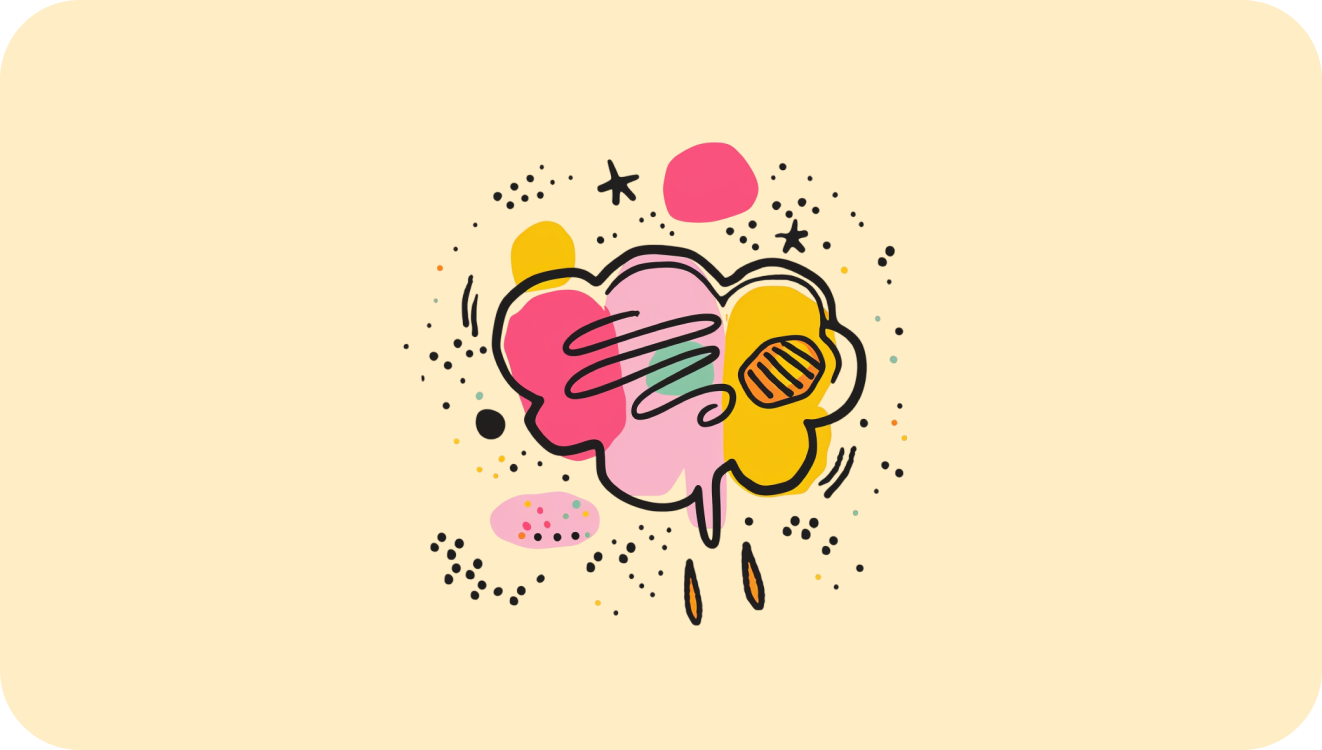How to Analyse a Negative Thought with CBT
Negative automatic thoughts are distorted, emotionally charged interpretations of everyday situations. These thoughts can fuel anxiety, low mood, and self-doubt — especially when left unexamined. CBT teaches clients to pause, assess these thoughts, and replace them with more balanced alternatives.
Analyse a Thought is a step-by-step CBT exercise designed to help clients understand and challenge unhelpful thinking patterns. This digital tool guides clients through the process of identifying a negative thought, spotting distortions, and developing a more balanced perspective.
Use this interactive CBT tool to help clients build insight and develop healthier thinking patterns. It’s suitable for anxiety, depression, and low self-esteem, and works well in-session or as between-session homework.
For related exercises, see Positive Reframing and Examine the Evidence.
Related Tools
What this tool helps with
Building insight into negative or automatic thoughts
Spotting common cognitive distortions (e.g. catastrophizing, mind reading)
Practicing thought-challenging and reframing techniques
Supporting core CBT skills in a structured, guided way
HOW IT WORKS
Step 1: Identify the Negative Thought
Ask: “What negative thought or worry is bothering me right now?”
This might be something like:
“I’m going to mess up the interview.”
“They don’t like me.”
“I always fail at this.”
Writing the thought down helps shift it from something automatic to something observable — the first step in cognitive restructuring (Beck, 1979).
Step 2: Spot the Thinking Trap (Cognitive Distortion)
Many negative thoughts are exaggerated or biased. These thinking traps distort how clients interpret experiences and often maintain low mood or anxiety (Burns, 1999).
Common cognitive distortions include:
All-or-Nothing Thinking – “If I’m not perfect, I’ve failed.”
Catastrophizing – “If I make a mistake, everything will fall apart.”
Overgeneralization – “I failed once, I’ll always fail.”
Emotional Reasoning – “I feel anxious, so something must be wrong.”
Magnification of the Negative – “One mistake ruined everything.”
Jumping to Conclusions – “They didn’t text back — they must be upset.”
Fortune-Telling – “I’ll definitely mess this up.”
Self-Blaming – “It’s all my fault.”
Mind Reading – “They think I’m boring.”
Minimizing the Positive – “They only complimented me to be polite.”
Identifying the distortion helps clients understand how their thinking may be misrepresenting reality.
Step 3: Challenge the Thought
Ask:
Is this thought a fact or an opinion?
What’s the evidence against it?
What would I say to a friend who had this thought?
Encouraging clients to engage in this kind of Socratic questioning can reduce distress and promote cognitive flexibility — a key outcome of CBT (Hofmann et al., 2012).
Step 4: Reframe the Thought
Now: “What’s a more balanced or realistic way to think about this?”
New, more helpful thoughts might include:
“Interviews are tough, but I’ve prepared well.”
“One rejection doesn’t define me.”
“Even if this doesn’t go perfectly, I’ll still learn something.”
This isn’t forced optimism — it’s realistic thinking that helps clients respond more effectively.
Why It Works
The Analyse a Thought tool is grounded in CBT’s cognitive model, which emphasizes that how we think affects how we feel and behave (Beck, 1979). By learning to recognize distortions and challenge negative thoughts, clients become better equipped to manage their emotional responses and daily challenges (Hofmann et al., 2012).
Try it now
Start using Analyse a Thought today to help clients shift rigid or negative thinking and build emotional flexibility.
[Launch the Analyse a Thought Tool]
👉 COMING SOON
Frequently Asked Questions
-
It’s a CBT-based process of slowing down, examining a distressing thought, identifying cognitive distortions, and developing an alternative interpretation.
-
Designed for use in mental health settings, this tool supports clients experiencing anxiety, depression, or low self-esteem. It’s especially helpful for those new to CBT or learning to manage automatic negative thoughts.
-
These are irrational or biased thinking patterns — like catastrophizing, emotional reasoning, or mind reading — that contribute to emotional distress. CBT teaches clients to identify and reframe them.
-
Yes. This tool is part of Offload’s digital CBT toolkit and can be assigned to clients with progress tracking built in.
-
Yes. The process is rooted in Aaron T. Beck’s cognitive model and supported by decades of clinical research validating CBT’s effectiveness in treating anxiety and mood disorders.
-
Most clients can complete the exercise in 3–5 minutes, either independently or during a session.
References
Beck, A. T. (1979). Cognitive Therapy of Depression. New York: Guilford Press.
Burns, D. D. (1999). The Feeling Good Handbook. New York: Plume.
Hofmann, S. G., Asnaani, A., Vonk, I. J., Sawyer, A. T., & Fang, A. (2012). The Efficacy of Cognitive Behavioral Therapy: A Review of Meta-analyses. Cognitive Therapy and Research, 36(5), 427–440.


